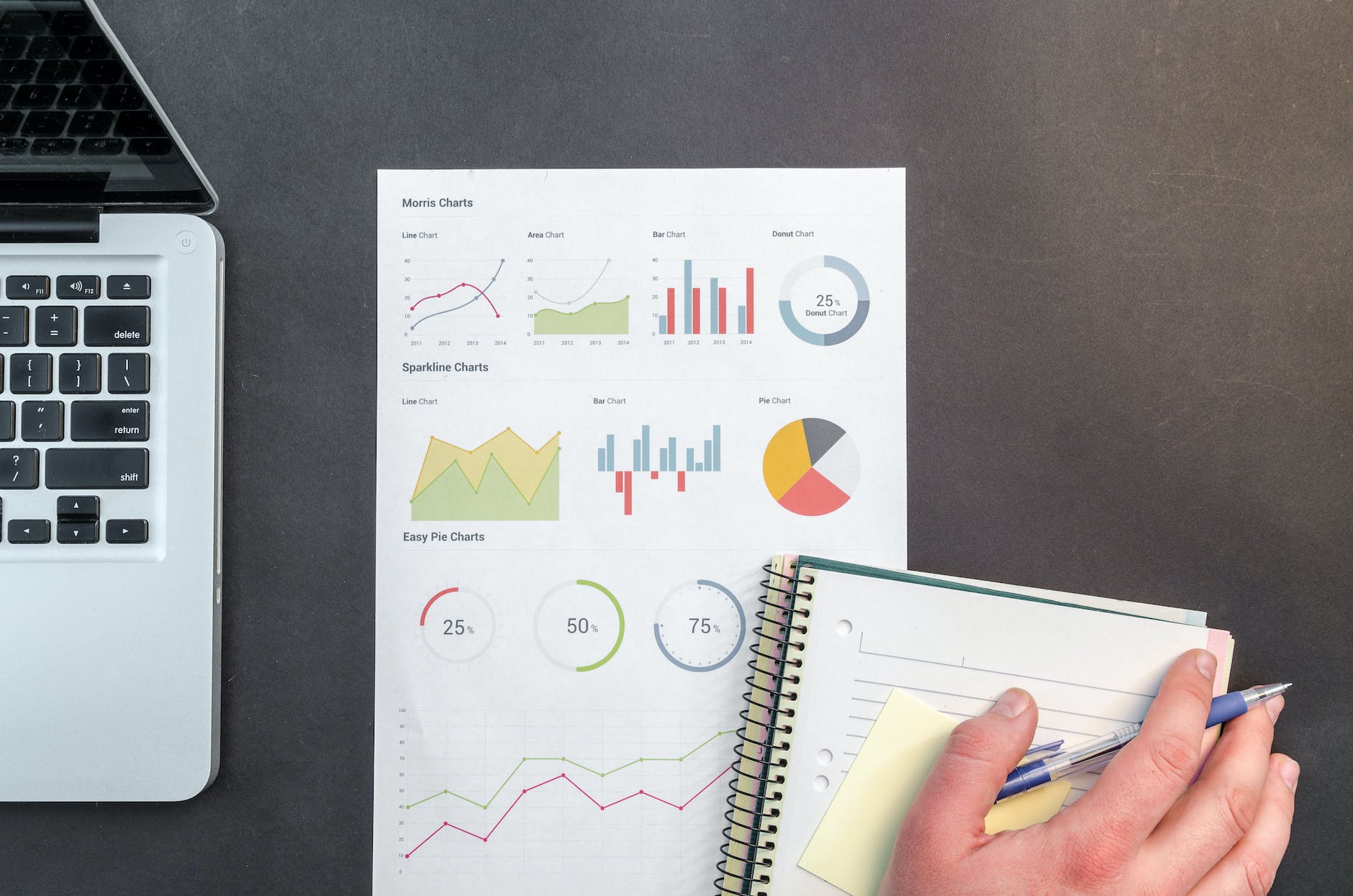
Data ScienceData science is simply the practice of studying data to extract meaningful insights, and businesses that aren’t engaging in it risk losing out on potentially important opportunities. Indeed, the life sciences industry is one that utilizes huge amounts of data. Accruing large data sets is effectually useless unless you have the technological capabilities for fast and accurate analysis of that data. This is particularly true in the fields of big medicine and pharma, both of which generate massive amounts of data and potentially turn that data into profits. A report by Accenture estimates that by 2026, Big Data, in coordination with machine learning, will have the potential for generating $150 billion per year. Without such powerful tools, that data is money that will never be claimed.
What Are Different Types of Data Science?
Data science is a field that employs scientific computing, scientific methods, statistics and algorithms and other disciplines in its pursuit of extrapolating knowledge and insights from any type of data that it has amassed. There are many different types of data collection techniques that fall under the umbrella of data science, including data engineering, predictive analytics and software programming.
At its core, data science is all about the fundamentals that can lead to predictive models. From generating questions to choosing a relevant model to testing, then continuously monitoring and optimizing that model, it is a time-tested and honed way of manufacturing information. When data science permeates industries whose predictive models affect the future of the health of human beings, the benefits to humanity are tantamount to its survival.
How Does Data Science Support Biotechnology?
Data scientists in the field of biotech are capable of facilitating massive advances in medical biotechnology. They’re the ones, after all, who are involved with personal genomics, which is concerned with the sequencing, analysis and interpretation of the genome of an individual. Because technology is allowing humans to further investigate genomes, huge advancements can be made in the fields of healthcare and medicine. Data science is the engine that is driving these investigations.
Researchers employ the proper tools, for instance, when DNA sequencing. Culling data that leads to the ability to determine the exact sequence of nucleotides and recognizing the biological information that cells use to develop and operate leads to the ability to determine a person’s risk for a disease before symptoms show up. It involves tons of information. DNA sequencers automate the DNA sequencing process.
Genomic data science is enabling researchers to use powerful computational and statistical methods to decode the functional information that is hidden in DNA sequences. Because scientists’ ability to sequence DNA has outpaced the ability to decipher the information that it contains, genomic data science is predicted to be a prevalent component of this research for years to come. In fact, it is estimated that genomic research will yield between two and forty exabytes of data within the next ten years.
How Can Data Science Support the Pharmaceutical Industry?
Machine learning is a type of data science that is used for both diagnosis and disease identification. One specific example of how machine learning is assisting in the fight against diseases is how it is employed in the processing of the vast amount of data involved in some 800 cancer treatment clinical trials on behalf of pharmaceutical manufacturers.
Machine learning and predictive analytics are also being used to apply customized treatment based on a person’s singular health history. Though there is still much to learn about how these branches of data science can provide the most efficacy to a given scenario, if they are implemented successfully, the results could include optimized diagnoses. Employing data science models can both accelerate the process and reduce the cost of treatment.
When coding qualitative data, one is reliant on the subjectivity of the participants. Quantitative data, such as the type that data science provides, is much more dependent on the objectivity consistent with DNA and other biological elements. When you’re talking about the biotech or life sciences realm, though, the problem is still one of processing huge amounts of information quickly.
What Is the Future of Data Science in the Biotech Industry?
Employing data science is how any future medical breakthroughs will occur. The information that necessarily must be part of life sciences research moving forward will continue to be vast and complicated. Whether you’re talking about machine learning, data mining or some other aspect of data science, it is what provides the automation and computation abilities that are essential to processing this information efficiently and effectively. When this happens, new drugs and treatments will invariably follow.






